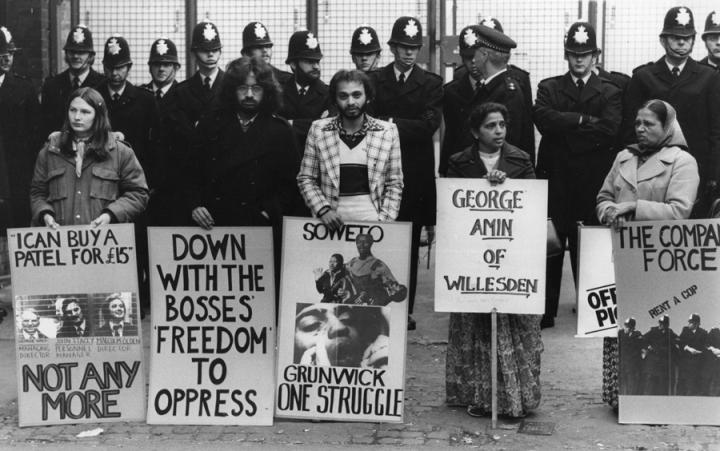About the project
This project uses interdisciplinary expertise to tackle one of the key political debates of our time.
Identity politics has destabilised democratic norms across the world. The emergence of a vast constellation of political movements based around race, gender, religion, language, sexuality and other individual or collective identities has profoundly affected older patterns of political mobilisation. By upturning existing hierarchies and forcing new issues on to the agenda, these movements have reshaped the relationship between different groups within societies. They have also transformed the architecture of democracy itself, with important consequences for the way we interact and engage with each other. Not surprisingly, this process has been controversial. Indeed, identity politics is at the heart of contemporary "culture wars" in North America and Europe, and it underpins much of the most visible mobilisation on the part of previously marginalised communities. Depending on one's perspective, identity politics thus represents either an exciting new democratic order or a profound democratic disorder.
Recognising that identity politics has transformed both the theory and practice of democracy, this project has three aims:

- To analyse the emergence and development of race-based identity politics in France and the UK in the context of political struggles over decolonisation and representation; ideological disagreements over the nature of participative politics in the wake of the protests of 1968; and the economic slowdown of the 1970s.
- To reveal the diversity of – and resistance to – race-based identity politics in two different European countries. This includes a close examination of how different racialised minorities have articulated their claims on the state or the public sphere, and how this has provoked a strong reaction from some political actors, for instance in the form of colonial nostalgia.
- To investigate how identity politics has changed popular and elite perceptions of democracy. This has become particularly noticeable in recent years, when race-based social and political movements have gained prominence in the media (eg. Black Lives Matter, Rhodes Must Fall, Comité Adama). Have such movements challenged the fundamental parameters of democracy in France or Britain or merely exposed some of its weaknesses?
These aims will bring to life the complexity and contradictions of identity politics in a variety of different contexts. A diverse range of sources will make it possible to hear multiple voices, and the choice of case studies will allow for illuminating national and regional comparisons. The interdisciplinary, multi-ethnic, and international project team - which includes scholars of the history of democracy, social movements, race and ethnicity, racism, gender and feminism, political culture, and the state - will work together to elaborate a robust and nuanced analytical framework for the project. This will be complemented by fine-grained empirical, historical and qualitative research. The result will be new findings that can provide tools to understand one of the most important political phenomena of the twenty-first century.

